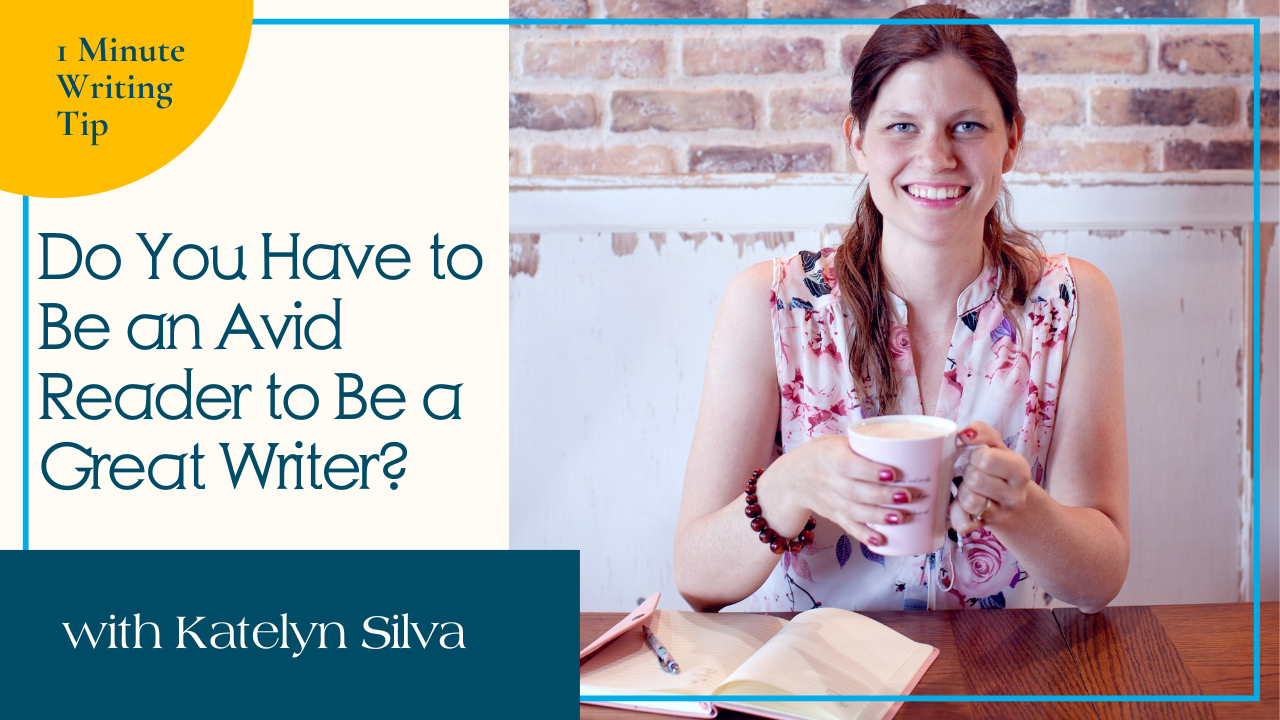
Ever feel like there are more writing myths than actual rules? You’re not alone! Aspiring authors often get bogged down by misconceptions that can stifle creativity and hinder progress.
Today, we’ll tackle three common myths and replace them with actionable tips to help you write with confidence and clarity.
Prefer to Read?
Myth #1: You Have to be an Avid Reader to Write Well
This is a big one! While reading exposes you to different writing styles and expands your understanding of storytelling, it’s not a requirement for becoming a good writer. Here’s the truth:
- Genre Research is Key: Understanding what readers in your genre enjoy is crucial. Read some of the top-selling books in your category and analyze what makes them tick. Look at reviews to see what resonates with readers and what areas you can improve upon. This focused approach is more valuable than simply reading a lot at random.
- Writing is a Skill You Can Hone: Just like any skill, writing improves with practice. Analyze your favorite books, take writing courses, and actively engage in the writing process. The more you write, the better you’ll become at crafting compelling stories and characters.
Myth #2: You Should Write for a General Audience
This is a recipe for bland writing! When you write for everyone, you end up connecting with no one. Here’s why knowing your ideal reader matters:
- A Personal Touch Makes a Difference: Imagine you’re having a conversation with a specific person, someone who would truly benefit from your book. This focus allows your voice and tone to shine through. Your writing becomes more personal and engaging, fostering an emotional connection with your reader.
- Targeted Language is Powerful: Thinking of a specific reader helps you tailor your language. You’ll naturally avoid vague sentences and generic terms, leading to a more impactful and relatable writing style.
Myth #3: Word Count is Everything in Your First Draft
This is a pressure cooker waiting to explode! Here’s why focusing on word count in your first draft can hinder your creativity:
- The Story Dictates the Length: Don’t let word count dictate your story’s flow. A good narrative unfolds naturally, sometimes exceeding or falling short of “ideal” lengths. Focus on getting your content onto the page; the editing process will handle fine-tuning word count.
- Freedom Fuels Creativity: Obsessing over word count can stifle your imagination. Write freely, let your story take shape organically, and trust that the editing process will refine your manuscript for clarity and conciseness.
These tips are just a starting point. Remember, writing is a journey, and there’s no single “right” way to do it. Embrace the process, experiment, and most importantly, have fun! Keep these pointers in mind and watch your writing confidence soar.
Ready to take the next step? Share your writing roadblocks and triumphs in the comments below! And don’t forget to check out WeWriteBooks.com for more resources and support on your writing adventure. Remember, your story has the power to inspire and connect. So, grab your pen, unleash your voice, and start writing!
Relevant Links
Book Your Complimentary Bestseller Assessment
Free Publishing Checklist
Follow on Facebook
Follow on Instagram
Follow on LinkedIn
Subscribe to the Podcast

Katelyn Silva
4x Bestselling Author
Your Book Can Change a Life
Katelyn Silva is the author of eleven books, some under a pen name, with four #1 bestsellers. She has been both self and traditionally published and is the founder of We Write Books. She has helped hundreds, and specializes in guiding Christian mompreneurs to get clarity on their book idea, confidently write and publish a bestseller, and use it as a business tool to create impact, authority, and legacy. Katelyn is also a devoted wife and homeschooling mom. Explore more about Katelyn, check out any of her books or her clients’ books, view testimonials, and get free resources at wewritebooks.com.
